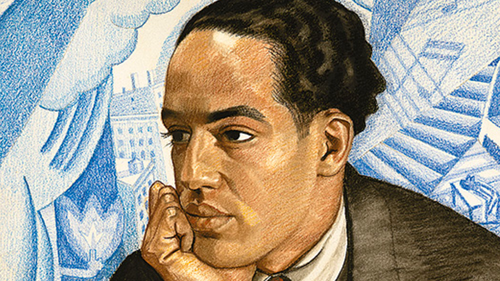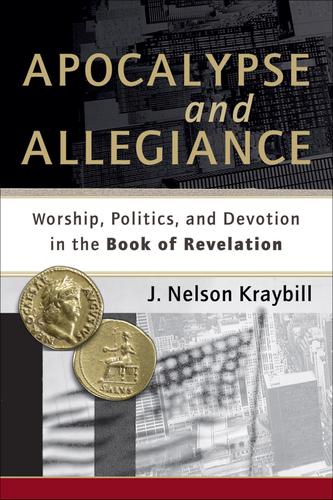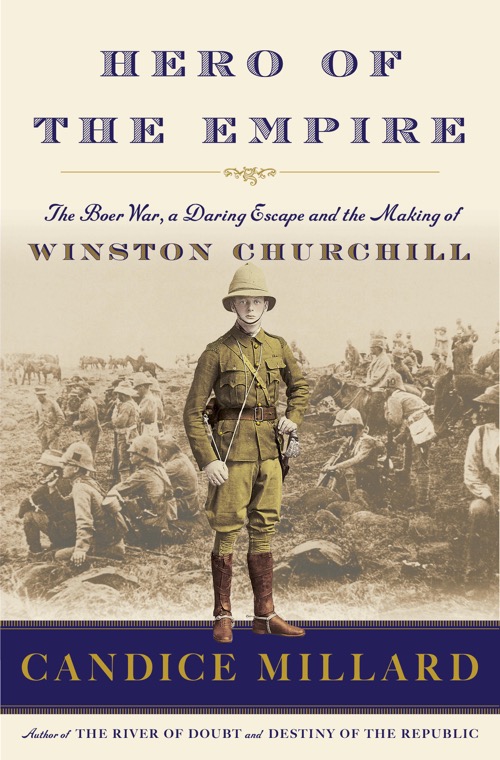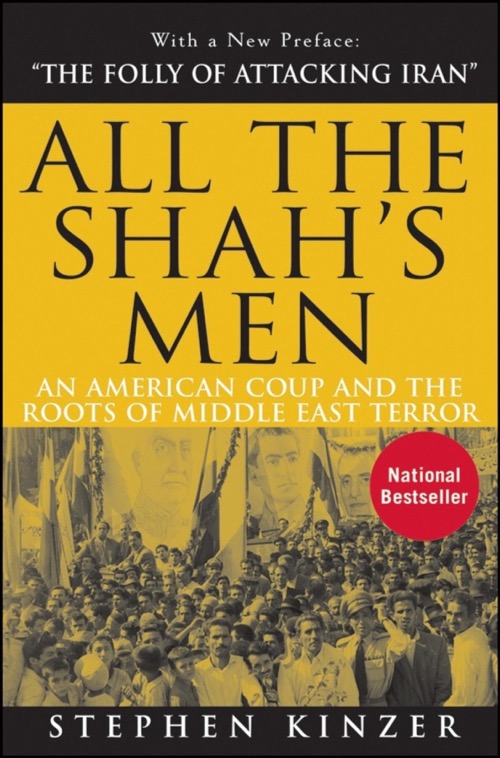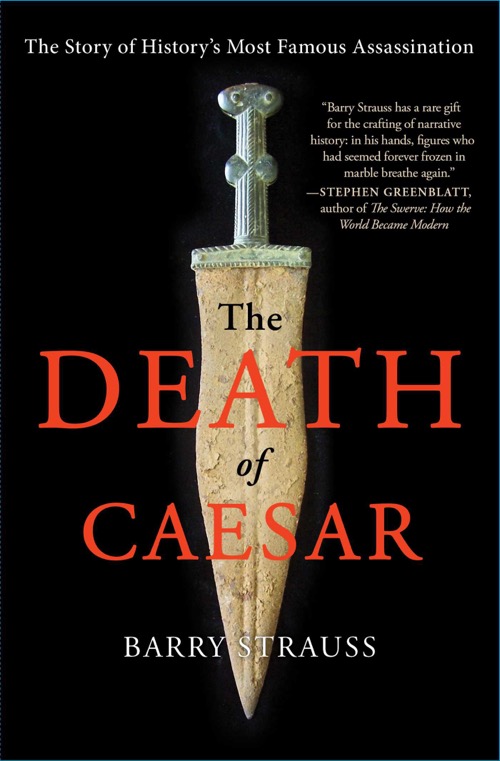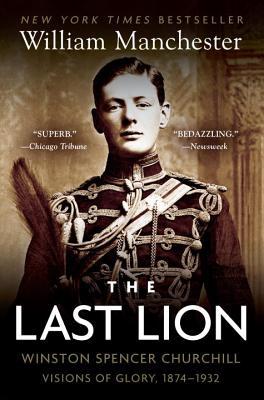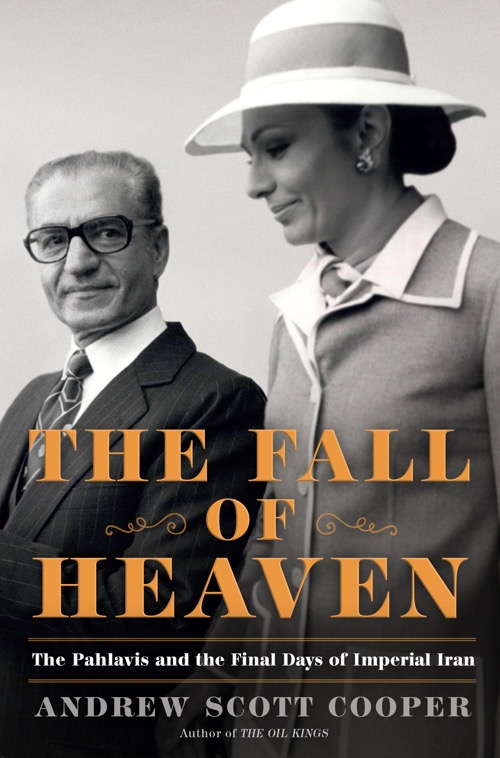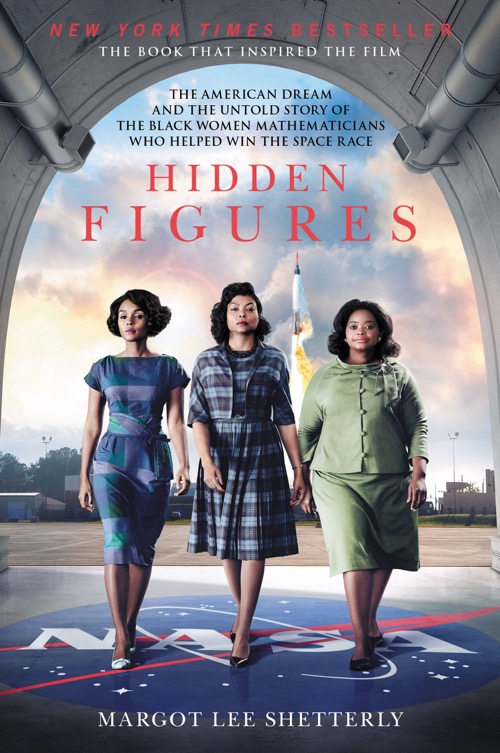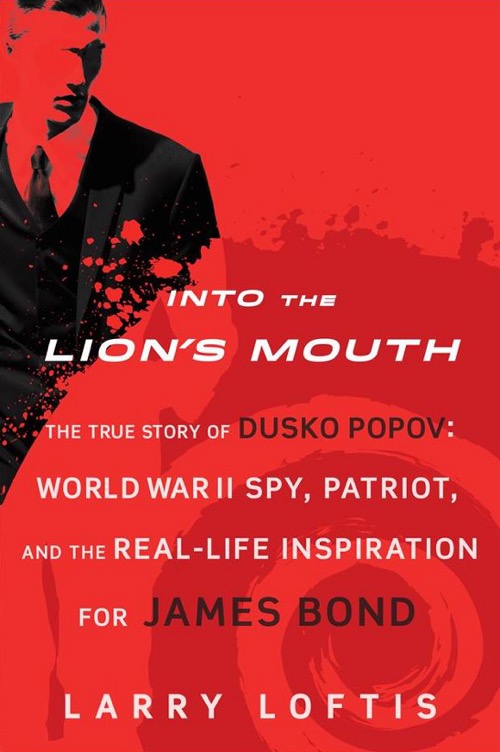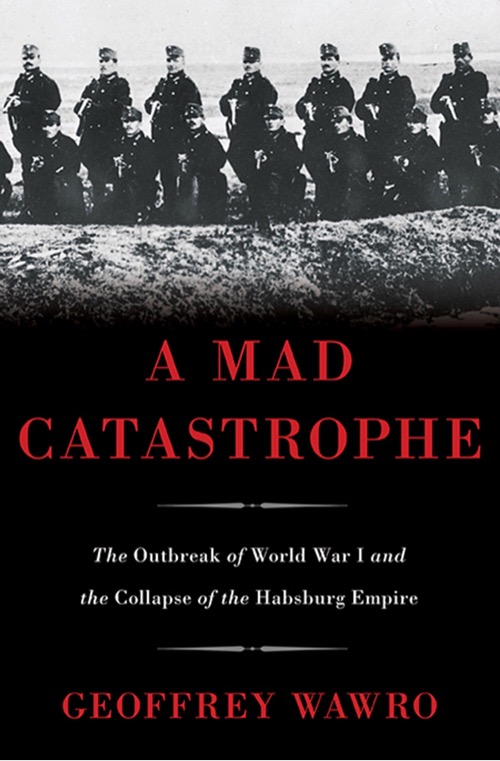White History Month
Fellow White people! Lend me your ears! Mekka Okereke, a Google engineer and a bonafide Black man, has been incredibly generous with his time and has explained some of our history to us. Throughout the month of February, “Black History Month”, he took a timeout from Black history to talk about White American history instead. He posted threads almost every day, tackling one topic at a time.
These post threads are for White folks who don’t know their own history. White folks like me. I learned a lot from Mekka last month. I’ve collected all 22 threads and I’m making them easy to find for all of my pasty compatriots who missed them the first time around. Come and learn.
Here’s how Mekka kicked things off, on February 1.
Happy #BlackHistoryMonth !
You know the drill by now. I don't like talking about Black history. Americans know Black history. I want to talk about white American history. In other words, racism, and the erasure of both positive achievements of, and injustices suffered by, non-white people. That's what people don't know.
I'm not ready to talk about Black history. I want to talk about white US history.
Here we go.
Try this: Ask your white US friends what the statue of liberty celebrates.
Now ask your Black friends. Or French folk of any color.
Q: "Why don't Black people build any generational wealth? Newer immigrant groups seem to be doing just fine? Must be a lazy and shiftless people!"
A: Because for most of US history, white folk have intentionally destroyed the wealthiest Black neighborhoods in the US and stolen all the wealth.
Greenwood. Allentown. Seneca Village. Rosewood. Freedmen's town.
Q: Why do Black people see racism in everything?
A: A few years ago, European tech entrepreneur Martin Varsavsky asked some very good questions in good faith. He asked why San Francisco and Madrid were different in so many confusing and awful ways. I answered each of his questions. Please verify each and every answer with a skeptic's keen eye.
Here we go...
Do you know that in the US, a Black 11 year old is 10 times more likely to die by drowning, than a white child?
In a nation that ignores racism, folk believe that this is because Black folk "Don't swim well."🤦🏿♂️
It's 2023, and there are still folk that believe Black kids drown due to race, not racism.
Q: Why do so many Black folk call Abraham Lincoln a white supremacist? He freed the slaves! Why don't Black folk have pictures of Lincoln up in their house? Are they ungrateful?
A: Because Abraham Lincoln was a white supremacist, and one of the worst kinds. He was an "I know Black folk aren't inferior, but hey man, it's an 'us or them' thing, and I choose us to be in the superior position."
The US loves soldiers and veterans! Virtuous! Service! 🇺🇲🦅
The US hates homeless people. Lazy! Dirty! Want a handout!
But... ~1 in every 20 US homeless folk is a Black or hispanic veteran. 🤷🏿♂️
In the USA, the phrase "support our troops!" is a euphemism that does mean military jingoism, but doesn't mean supporting all of our troops.
Q: Why are Black neighborhoods so often high crime neighborhoods? Must be a lawless people! Violent! Thieves! Predators!
A: There is no such thing as a "high crime neighborhood." The whole concept is entirely made up based on our notion of what we consider a crime.
You may be thinking:🤔 Wait... What?! Not true! A high crime neighborhood has more drug use and sales, theft, and even murder!
Q: Why do so many Black people refuse to sing the US national anthem? I'm sorry, but that seems unpatriotic to me. Plus, the Whitney Houston version is amazing! Why don't you like Whitney Houston? Whitney!
A: Because more Black folk know the true history of the anthem, and some can't get past the racism.
Q: Why do Black kids not do well in school? Is it because their dads are uninvolved and uncaring parents? Bill Cosby and Herschel Walker told me that, and they are good and wise men that we should listen to! It's Black dads' fault! Boo Black men!
A: No. Black kids only do poorly in school in extremely racist countries.
Q: Why are Black people in the US so much more likely to die in traffic accidents than white people? Are Black folk more likely to drive under the influence of alcohol or drugs (DUI)? Is it street racing? Are y'all just bad drivers?
A: Hmm. I'm stumped! No one knows the answer to why this happens! Just kidding. It's racism. It's always racism.
Q: Why do Black folk commit more crime? I hear you on "wage theft should be a crime too" and all that... but if we look at convictions for murder, sexual assault, and drug possession, Black folk just commit way more crime! Those are facts!
A: Black folk are convicted more. Black folk are many times more likely to be wrongfully convicted. Because racism.
Q: Why are so many Black folk early adopters of tech like Uber and Amazon? Sometimes this willingness to try new tech early backfires on y'all, like the whole crypto scam. Tech companies don't always love you back. So... why so eager? Is it because of Deltron 3030 and André 3000? 🤔You're... you're going to say racism aren't you?
A: Yep! Racism. And go ahead and add Sears to that list of "technology" companies.
Q: Why don't Black folk like things like rodeos, country music, and cowboys! But why are so many Black folk Dallas Cowboys fans? Could we use the Dallas Cowboys to introduce Black people to country culture?
A: You might mean "re-introduce." 1 in 5 wild west cowboys was Black. Almost all of the original cowboys were Black.
(Texans all like "I know this one! I'm getting an "A" today! Finally! Our time!"🤣)
Q: Why do Black folk get so upset when people ask them if they live in this neighborhood? I saw a Black stranger in my building and I just asked him if he lived here and can I see 3 forms of government ID, and now I'm the racist? How? I voted for Obama! Twice! Why are Black folk so sensitive about this?
A: Racism. This is a legacy of slavery and ethnic cleansing. Seriously.
Q: Why do Black folk just assume that many supporters of Trump, Reagan, Nixon, etc are racist? That doesn't seem fair. Why do 90% of Black folk vote democrat? Why aren't more Black people "free thinkers?"
A: Racism. Black US folk know about the "Southern Strategy," and what Reagan, Nixon and their advisers said about us. They know the origins of the Alt-right. Many white US folk don't.
Q: Why is it OK for Black folk to like the Black Panthers, but white folk can't like the klan? Black supremacy is just as bad as white supremacy! Why the double standard?
A: Black folk know white US history, so they know that the Black Panthers were not Black supremacists.
(At this point, half of the Black folk reading this just involuntarily said "COINTELPRO!" out loud).
Q: Why does it seem like so much of the anti-Asian hate that I see on TV and in newspapers is done by Black people? It seems like Asian folk should be legitimately afraid of Black people! Why does it seem that way?
A: Racism. Most Asian hate attacks are done by white folk. Asian folk are significantly safer from Asian hate, when they are around Black folk.🙂🙃
Newspapers lied on us.
Q: Why is so much Black music about violence and misogyny? I'm not racist, but I think Black culture is just more violent. Why does it seem that way?
A: Racism. Rap, trap, and drill, are only the most popular genres of Black music listened to by white people. The most popular among Black folk is R&B, almost 2X as popular. Violent rap is mostly for y'all.🤷🏿♂️
https://www.statista.com/statistics/945163/leading-music-genres-african-american/
Q: Why were Black folk so happy when OJ was acquitted? To be honest, it feels disgusting. Why does it seem like you're happy he got away with murderer?
A: Racism. Black folk did not like OJ that much. In fact, many Black people think he did it. Black folk didn't "celebrate OJ." Black folk celebrated the hope that a brutally unjust, evil, and racist system, could be defeated at all.
Q: Enough about racism for a second. Take a break! I'm worried about gender issues in the US too. For example, why is the gender pay gap in the US so large? It's one of the worst in the OECD!
A: You know why. Racism! In the US, the pay gap between white men and white women, is smaller than the pay gap between white women and Black and Latinx women.
Q: Not everything is racism! E.g. Black folk die young because of high BMI from their bad diets! That's on y'all! Don't hate on Lululemon leggings or khaki pants! Hate yourself! We're only trying to help you! How is this racism?
A: Black people in the UK have higher BMI than white people, and live longer than white people.🙂🙃
BMI is racist, and used to justify racism.
Q: Why does it seem like Black folk don't contribute much to society or science or history? Most inventions are from Europeans? Why does it seem this way? Don't cancel me!
A: Racism. The lie of white supremacy requires that we pretend that white men are the only people that ever invented anything or contributed to society.
This entry was tagged. America Black Lives Matter History Racism
Discuss this post with me, on Mastodon.
